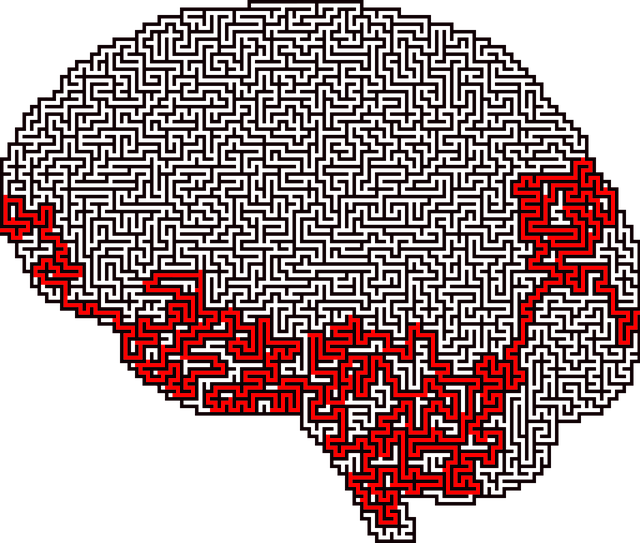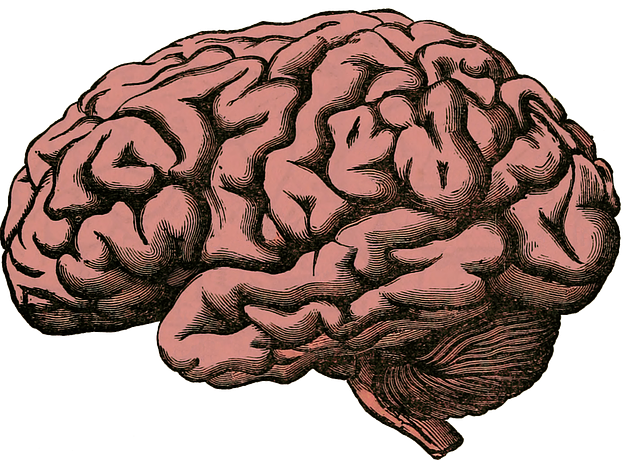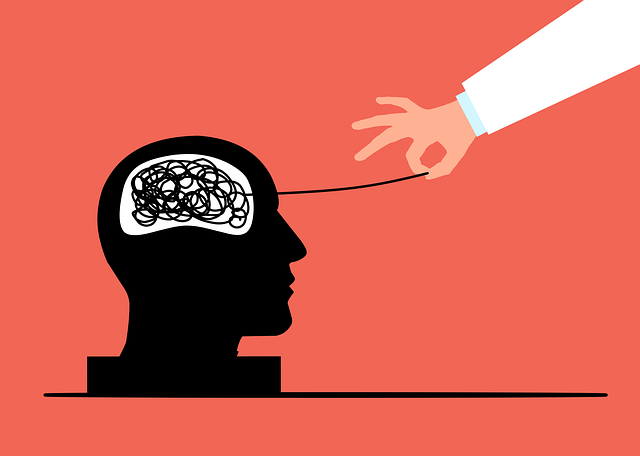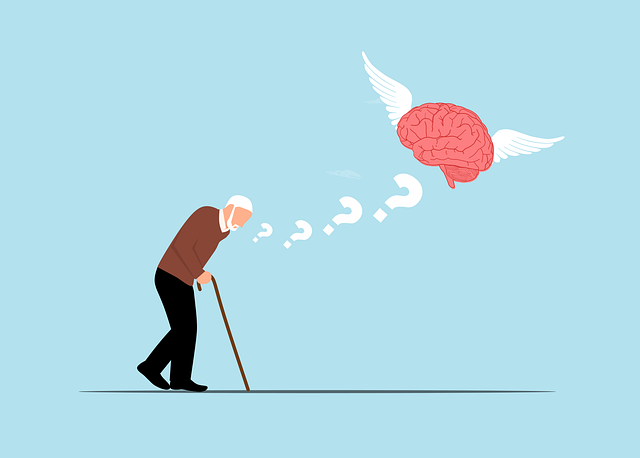TL;DR:
Coping skills development is essential for Therapy for Adults Sexual Addiction (TASAD) patients, addressing co-occurring mental health issues and facilitating healing. Holistic approaches like CBT, integrating mindfulness, stress management, and emotional intelligence, empower clients to form healthier emotional connections, improve decision-making, and enhance self-control. Early intervention through public awareness campaigns and community events is key, along with activities like journaling for stress management. CBT's cognitive-behavioral techniques prove effective in modifying unhelpful thought patterns related to sexuality and relationships, leading to lasting behavioral changes. Building resilience through therapy and public education creates supportive environments, reduces stigma, and promotes long-term emotional healing for TASAD sufferers.
Coping skills development is a pivotal aspect of treating adult sexual addiction, offering strategies to navigate triggers and cravings. This article explores the significance of coping mechanisms in therapy, guiding professionals and individuals towards effective strategies. We delve into identifying suitable coping methods, integrating cognitive-behavioral techniques for behavioral change, and building resilience for long-term sobriety and emotional well-being. Understanding these skills is essential for a holistic approach to Therapy for Adults Sexual Addiction.
- Understanding Coping Skills and Their Significance in Adult Sexual Addiction Therapy
- Identifying Effective Coping Mechanisms for Overcoming Addictive Behaviors
- Integrating Cognitive-Behavioral Techniques for Lasting Change
- Building Resilience: Strategies for Maintaining Sobriety and Emotional Well-being
Understanding Coping Skills and Their Significance in Adult Sexual Addiction Therapy

Coping skills are essential strategies that individuals use to manage stress, emotions, and challenging situations. In the context of Therapy for Adults Sexual Addiction, understanding and developing effective coping mechanisms plays a pivotal role in the healing process. This is because sexual addiction often co-occurs with other mental health issues, such as depression, anxiety, and low emotional intelligence, making it imperative to equip individuals with robust coping strategies.
Mental Health Policy Analysis and Advocacy emphasizes the importance of holistic therapy approaches that address not just the addiction but also the underlying emotional and psychological factors. By integrating techniques like mindfulness, stress management, and Emotional Intelligence practices into Therapy for Adults Sexual Addiction, therapists can help clients develop a healthier relationship with their emotions. This, in turn, fosters better decision-making, enhances self-control, and promotes long-term recovery. Mental Health Awareness campaigns also underscore the value of early intervention and support networks, which are crucial components of effective coping skill development.
Identifying Effective Coping Mechanisms for Overcoming Addictive Behaviors

Identifying effective coping mechanisms is a crucial step in overcoming addictive behaviors, especially for adults struggling with sexual addiction. Therapy plays a pivotal role in this process, offering specialized treatment options tailored to address the unique challenges associated with this disorder. Cognitive-behavioral therapy (CBT), for instance, has proven effective in helping individuals recognize and change negative thought patterns that contribute to their addictions.
Public awareness campaigns and mental wellness initiatives also contribute to the development of healthier coping strategies. Encouraging open dialogue about sexual addiction through community events and online platforms can reduce stigma and promote early intervention. Additionally, activities like journaling and mindfulness exercises, guided by professional guidance, offer valuable tools for stress management and emotional regulation—essential components in the overall healing process.
Integrating Cognitive-Behavioral Techniques for Lasting Change

Integrating Cognitive-Behavioral Techniques (CBT) offers a powerful approach to coping skills development, especially for individuals struggling with adult sexual addiction. CBT focuses on identifying and modifying unhelpful thought patterns and behaviors, enabling individuals to make lasting changes in their lives. By addressing underlying cognitive distortions related to sexuality and relationships, therapy can help individuals develop healthier perspectives and behaviors. This evidence-based method has shown significant effectiveness in treating various addictions, including sexual addiction, by empowering clients to take control of their impulses and make conscious choices.
In the context of mental health policy analysis and advocacy, understanding these techniques is vital for developing effective support systems. Healthcare providers can incorporate CBT into treatment plans for burnout prevention strategies, targeting the unique challenges faced by those in helping professions. By promoting mind over matter principles, professionals can enhance resilience and help individuals navigate their addictions while fostering better mental health outcomes. This integrated approach not only addresses immediate concerns but also contributes to broader healthcare policies that support long-term recovery and well-being.
Building Resilience: Strategies for Maintaining Sobriety and Emotional Well-being

Building resilience is a vital skill for maintaining sobriety and emotional well-being, especially for those recovering from adult sexual addiction. It involves developing a mindset that enables individuals to adapt and bounce back from challenges and setbacks. Through therapy, adults struggling with sexual addiction can learn effective coping strategies to navigate their emotions and triggers. Cognitive-behavioral therapy (CBT), for instance, equips individuals with tools to challenge negative thought patterns and replace them with positive thinking. This shift in perspective can significantly enhance their ability to resist impulsive behaviors and maintain control over their lives.
Public awareness campaigns play a crucial role in fostering an environment that supports recovery. By increasing understanding of sexual addiction as a treatable condition, these campaigns reduce the stigma associated with seeking help. As individuals build confidence through therapy and community support, they become better equipped to make positive choices and sustain long-term sobriety. This holistic approach combines therapeutic interventions with public education to empower those affected by adult sexual addiction on their journey towards emotional healing and resilience.
Coping skills development is a pivotal aspect of therapy for adults with sexual addiction, offering strategies to manage triggers and cravings effectively. By identifying healthy coping mechanisms and integrating cognitive-behavioral techniques, individuals can build resilience and maintain emotional well-being. This comprehensive approach empowers them to overcome addictive behaviors and lead fulfilling lives free from sexual compulsion.








